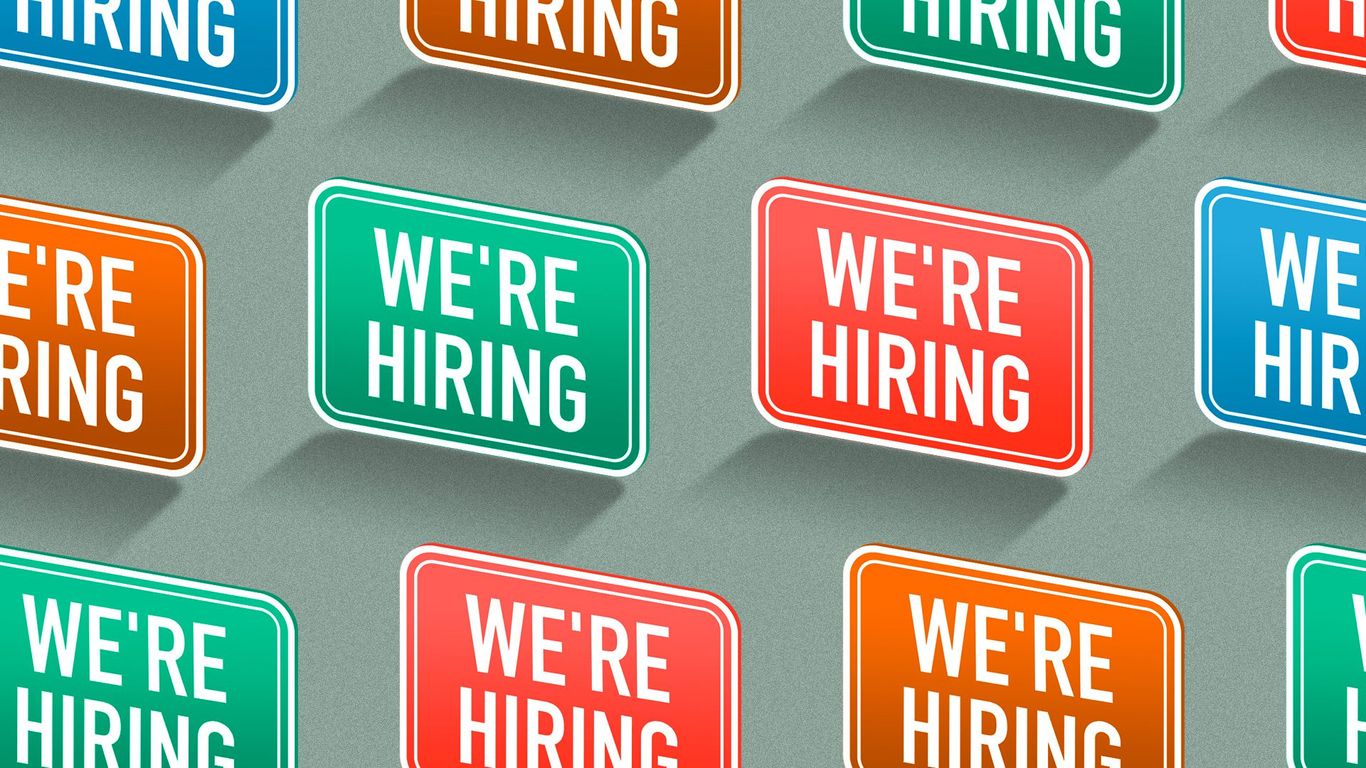Jeff Schwartz | Source | Vice President of Insights & Impact at Gloat
Jeff Schwartz
Jeff Schwartz is the Vice President of Insights and Impact at Gloat. Prior to joining Gloat, Schwartz was a principal with Deloitte Consulting LLP for 20 years, most recently as the U.S. Leader for the future of work and as a senior partner in the firm’s Global Human Capital executive since 2003. His leadership roles have included global and U.S. marketing, eminence, and brand, leading the organization, change, and talent practices, and growing the firm’s global delivery capabilities in India. Schwartz also has been a leading innovator and was the founding editor and a principal author of Deloitte’s global human capital trends report since 2011 and the co-founder of Catalyst Tel Aviv, the firm’s first global innovation tech hub.
-
“We have a set of challenges in the 2020s around how people work with technology, around the workforce ecosystem and employee potential, and the workplace itself, which we are still largely being addressed by trying to optimize and tweak 20th century mental and organizational models. We are holding onto these legacy ideas at our own detriment, and losing our best people in the process; for example, ideas like: The office is the default place of work. Employees are what you recruit them to do. Careers are stable and linear, technology is just a tool.
None of these things are fundamental truths anymore. Unfortunately, we’ve seen again and again that the last things to change are often management practices. Technology gallups ahead, but we continue to use old, outdated management practices to lead. And the companies who fall into this trap risk losing both the ability to be productive, to do more of what they’ve been doing well, and more importantly, the ability to innovate, or do new things.”
-
“Many employees are leaving the workforce or seeking new opportunities because they simply don’t see opportunities for growth and career progress within their current organization. A lot of companies don’t ultimately have a way to enable employees to find new internal opportunities, whether that looks like project and gig work outside of their specific job description, learning, or mentorship and networking to grow their careers and skills,nor do they have any mechanism to give employees the agency to pursue those opportunities. They don’t have ways to allow managers to find and access talent internally, and so they default to the most expensive way of doing it, which is to recruit externally — and end up neglecting the untapped potential of talent they already have within their organization. Imagine if a few percentage points of the people who are leaving instead signed up for a different job assignment or a project that really excited them. So they aren’t just staying for 3 years, but 4 years or 5.
-
Looking ahead to 2022, as companies proactively pivot to the new normal, the world of careers and work in the 2020s will require organizations to integrate and build upon what we have been learning during the last year and a half: recognizing that employee satisfaction is a function of an organization’s purpose, employee experience, and the work, learning experiences, and opportunities that are available. Careers, and employee satisfaction and experience in 2022 and beyond is a wicked problem. It’s complicated and will involve multiple perspectives, and stakeholders, working together in integrated teams, to design new approaches. Morale and wellness came to the forefront in early 2020. Wellness, we now know, is a combination of economic, social, mental, and physical wellbeing. An integrated approach to wellness and wellbeing, as well as DEI, needs to be foundational in how we design work, jobs, compensation, and careers in the 2020s.
-

Forbes - Countering The Great Resignation(s) With Internal Talent Search
The Covid-19 Pandemic showed organizations that “what we thought our employees could do and what they can actually do has astonished us. For business, the issue is how do we create the talent we need using the people we have."
Article -

Axios - Companies' best source of talent may be their own
Talent marketplace startup Gloat aims to help companies better identify and cultivate talent.
Article -

Fortune - The ESG honeymoon is over
Skeptics say that unless businesses are willing to change their operations, ESG efforts carry little meaning.
Article
-

Gloat
Vice President of Insights & Impact